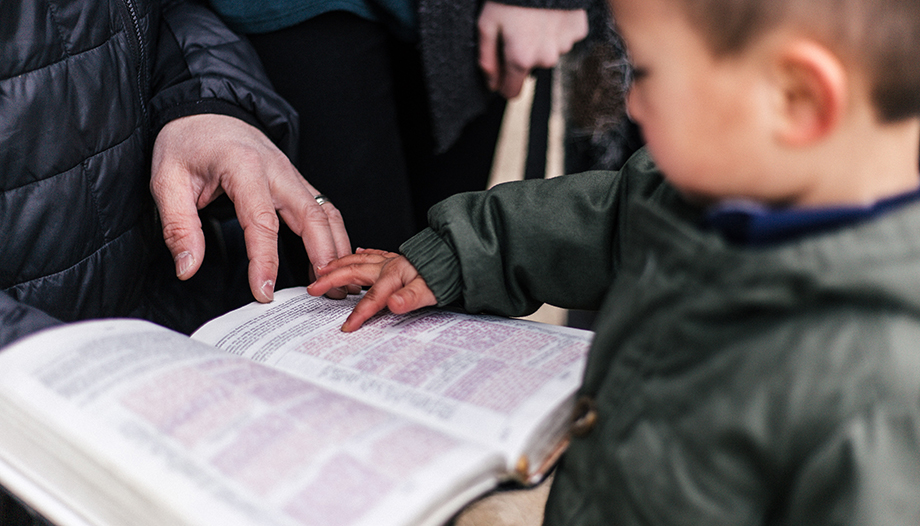Periodically, academic studies appear on the relationship and mutual influence between family and religion. In these days I have just read one that analyzes the relationship between religious beliefs and family relationships in 11 countries of America (North and South), Europe and Oceania, with a Christian majority.
Among other factors, the influence of religious beliefs on the quality of family relationships has been studied. The conclusions are clear. Religious beliefs tend to attribute particular meaning and importance to family life. They provide norms and networks that foster family solidarity.
Religious people have a greater capacity to adapt to family coexistence and experience lower levels of conflict. There are clear indicators of a lower probability of marital breakdown, so that the index of family stability among believer-practitioners is considerably higher than among non-believers.
Another important factor is the level of commitment in family relationships, not only in marital relations, but also in the care and attention of children. Thirdly, the relationship between religious beliefs and fertility rate is also very significant -even more so in recent decades. People with strong religious beliefs have more children.
The report also indicates that marriage plays an important role in explaining the positive influence of religion on childbearing. This is because believing men and women are more likely to marry, compared to their non-believing peers, and married men and women have more children than nonmarried men and women.
This type of work corroborates at a statistical level, with a scientific methodology, what common sense and experience allow us to intuit. Specifically, that believing in God and in another life, far from reducing interest in the present life, makes people more committed and more supportive of others, starting with their own family.
Professor at the Faculty of Law of the International University of Catalonia and director of the Institute for Advanced Family Studies. She directs the Chair on Intergenerational Solidarity in the Family (IsFamily Santander Chair) and the Childcare and Family Policies Chair of the Joaquim Molins Figueras Foundation. She is also Vice-Dean of the Faculty of Law at UIC Barcelona.











